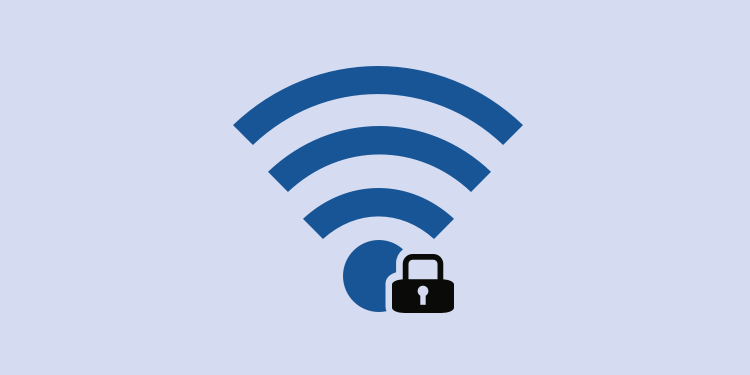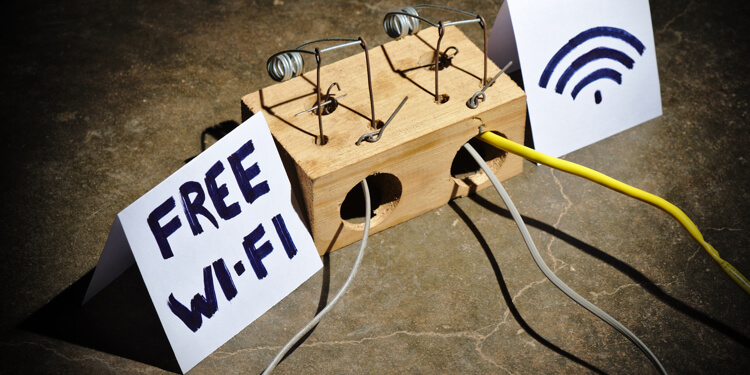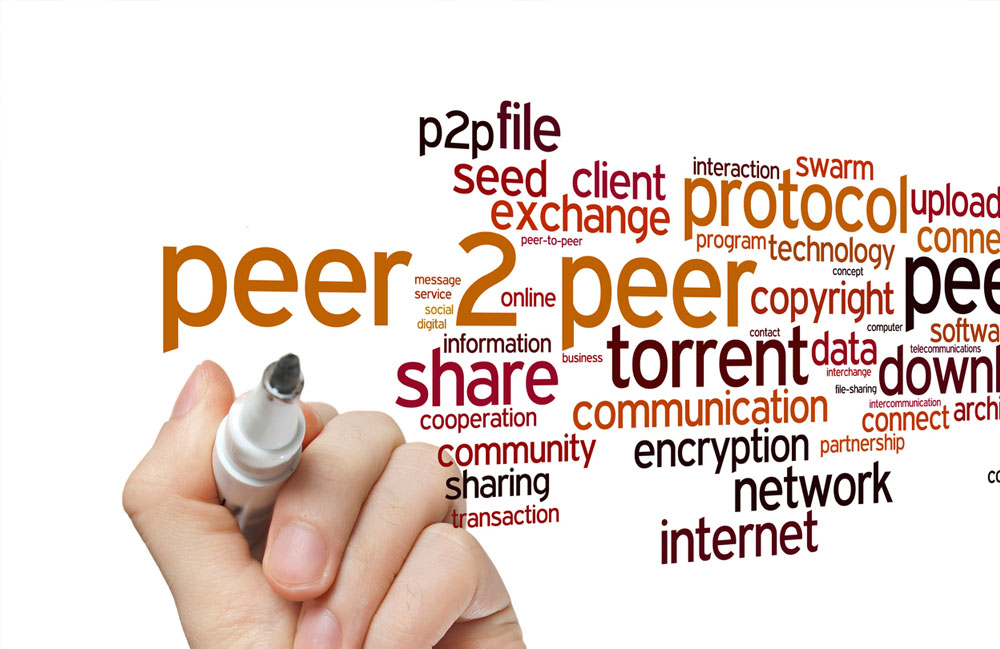The internet is something we all use, and preferably in places other than home. Wifi networks still shoot from the ground like mushrooms do. Although this, as a social human being, makes us more accessible to others, there are also disadvantages to the public visibility of our Facebook accounts and associated data.
Being accessible and giving too much information about yourself is one of the many dangers of public Wifi. In the Netherlands, young people massively make use of such networks, and generally do not take into account the risks involved. In general, you only consider two possible hazards:
- An “attacker” will tap into your connection
- An attacker creates a fake network and manipulates your connection to the Internet.
A wifi network is open, but often too open. This way, third parties can easily see what you’re doing online, whether you’re on Facebook or looking for information on search engines like Google. However, many websites nowadays make use of a secure connection, thus preventing information about passwords or other personal information from falling into the wrong hands.
The danger is, therefore, the fact that a lot of data traffic is not locked today. Once you enter your password for Facebook or another website, through a non-secure connection, others can see it. The result? People can just log in with your password and who knows what they can do. So data through a public network is far less safe and recognising that is already a step in the right direction.
Manipulation is a real danger
If such an attacker wants to find out about the content of your communication, he can just put up a fake network. A device transmits a network with the same name as an existing, for example, “Wi-Fi on the station”. However, the signal from this network is stronger, so your mobile device will automatically connect to it. As a result, all of your Internet data goes straight to the attacker, who can then customize – or manipulate anything.
This person can show you a fake page, such as Twitter’s login page. As soon as you enter your password and name as a user, it is as if you give this to the attacker singlehandedly.
Combating the manipulation of data
Of course, there are several ways to protect yourself from such attackers when browsing a public Wi-Fi network. An overview of some of the best methods:
1. Keep an eye on the lock
Each secure HTTPS connection is characterized by the presence of a lock before the name of the website. Such connections can not be modified or intercepted by attackers. So make sure that this lock is present on the website so you’re sure that you can enter your passwords and usernames securely. However, with many apps, such an icon is not present, so you have a lot less certainty about the security of your personal information. However, most standard apps like Facebook, Gmail, and banking applications make use of HTTPS, thus they protect your information sufficiently.
2. Benefit from VPN security
The best way to protect yourself from an attack by a third person stealing or manipulating your personal information is by choosing a VPN connection. A VPN – or Virtual Private Network – is a type of internet connection that uses a digital tunnel. This VPN security protects you against third parties and makes you completely anonymous.
If you use a VPN connection, it’s impossible for third parties to listen or manipulate your data and Internet traffic. Even if you connect to an attacker’s fake network, without knowing of course, VPN security can not give up your personal information. Choose a VPN service that isn’t free. A VPN service that you have to pay for on a monthly basis is also much safer and more reliable – and that is of course the most important.
3. Go for a tether connection
Finally, you can choose to “tether”. This is actually a connection through another device, so your data is optimally protected against attackers. They can not just customize or tune the 3G / 4G connection of your mobile device. So allow another device, such as your laptop, to use the connection of your mobile phone. The result is an optimally secure network that you have completely created by yourself and can not be reached by attackers. The only disadvantage of this method is that you use your own megabytes to be connected, but that is, of course, only a small price in exchange for a guaranteed protection against third-parties.

The dangers of publicly available Wifi: they exist and there is nothing you can do
As shown above, the dangers associated with connecting to a public Wifi network are certainly real. Whether you’re on Facebook and chatting with friends or family, or you update Instagram with a post – do you do it through a public Wi-Fi network? Then the chance is present that an attacker would like to hack your data with a fake network. So pay close attention to the search for secure connections, so you will not regret it later.
Guaranteeing the security of your information can easily be done by using a VPN connection. A VPN is a service that makes your connection to the Internet much safer, just by ensuring the anonymity and invisibility of your identity on the Internet. Hacking people with such a VPN security is as good as impossible, and that makes such a solution undoubtedly worth the money.







